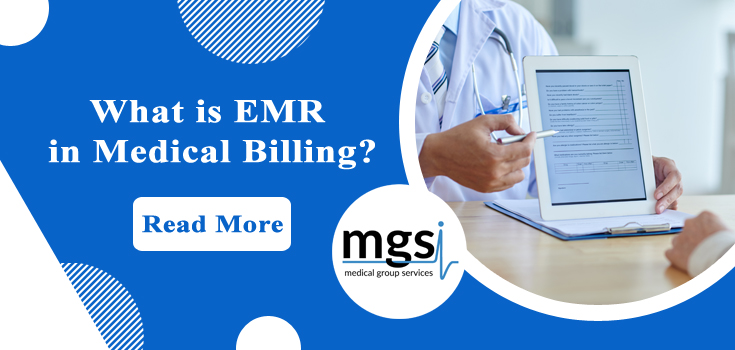
Electronic Medical Records (EMR) is the electronic version of patient medical reports or charts which includes information like patient’s treatment, diagnosis, procedure, lab reports, etc. In short, it details what happened during the patient’s visit to a Medical Practice or Hospital. EMR emerged in the year 1960 and has seen constant changes and upgrades since then, the current version of Electronic Medical Records is more efficient comparatively. It helps physicians to tracker patient reports and does follow ups accordingly, identify patients due for checkups and schedule them for screening or regular check-ups.
Benefits of Implementing EMR in Your Medical Practice
Upgrading to an EMR from paper records can be the best decision for a Medical Practice resulting in various benefits such as:
- Safe and secure maintenance of patient records electronically
- Reduces the hassle of maintaining physical copies of Paper records
- Availability of information at fingertips for reference any time
- Assists in Improvised diagnosis and quality treatment
- Better security and privacy of Protected Health Information (PHI)
- Easy tracking and quick follow-ups and decision making
- Eradicates miss and errors compared to paper Medical Record
- Helps achieve “Meaningful Use Compliance” of standard
- Enhanced support such as reminders on upcoming appointments of screening
- Low on cost in comparison with Paper Medical Reports
Types of Electronic Medical Records
EMR are primarily of two types based on their work model or the supportive network type. Server-based EMR and Cloud-based EMR. While both types have their own pros and cons the physician and medical practice can choose the one that best suits them.
Server-based EMR – While having the EMR set up within your own server path provides you with more control, it has its own drawbacks as maintenance, need IT technician to fix issues as and when it arises and the additional cost incurred in such scenarios.
Cloud-based EMR – These can be set up with the third-party vendor and accessed through the internet. Though the control lies with your cloud-based EMR Provider, it can also turn out to be cost-effective comparatively and also stress-free as it is set up and maintained by the hosting party.
Electronic Medical Records (EMR) and Electronic Health Records (EHR) – A Comparison
Electronic Medical Records (EMR) and Electronic Health Records (EHR) are mostly used interchangeably, however, there are significant differences between both EMR and EHR as listed below:
- Both EMR and EHR are the medical charts of patients; while EMR cannot be transferred from one practice to another, EHR can be accessed from anywhere
- Both EMR and EMR are available in server-based and cloud-based systems
- Healthcare facilities are provided with incentives programs by implementing EHR and meaningful use of the same.
To know more about Electronic Medical Records (EMR) and Electronic Health Records (EHR) and the benefits of using them reach out to MGSI – National Medical Billing Company in Florida
About MGSI
MGSI is over 25 years old Nation Medical Billing Company serving hundreds of providers ranging from Solo and Group Practices, Medical Centers, and specialty based Medical Centers. MGSI is a national reseller of Kareo and Harris CareTracker EMR solutions, and also have expertise to handle any platform and provide end-to-end billing services. To know more about MGSI and our services call 877-896-6474 or log on to www.mgsionline.com
